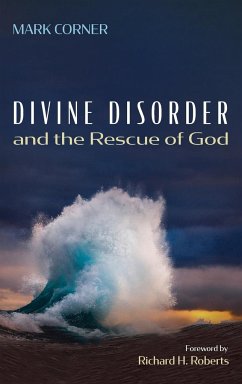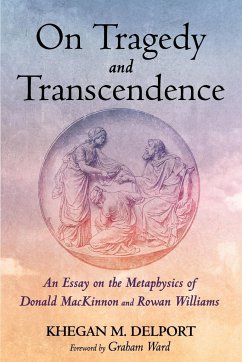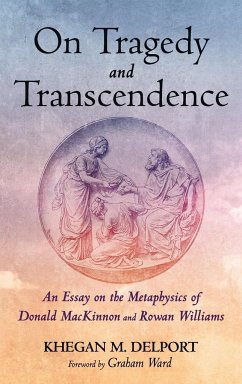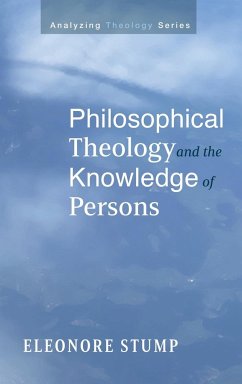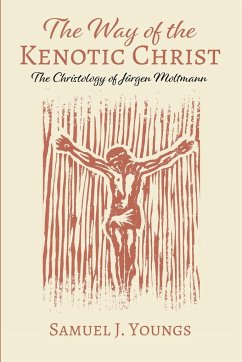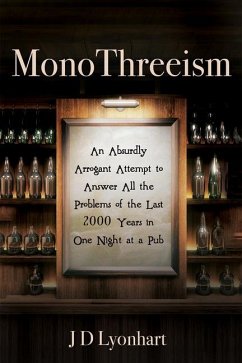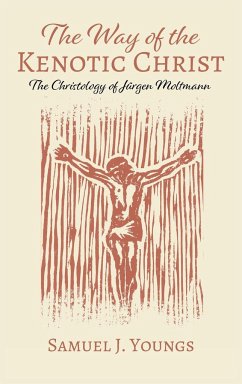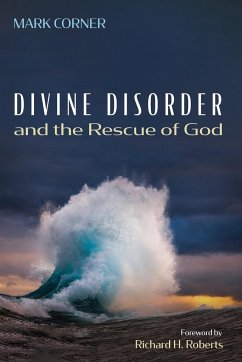
Divine Disorder and the Rescue of God
Versandkostenfrei!
Versandfertig in 1-2 Wochen
26,99 €
inkl. MwSt.
Weitere Ausgaben:

PAYBACK Punkte
13 °P sammeln!
Divine Disorder and the Rescue of God is based on the idea that a kenotic approach is essential to a viable theology. It is deeply influenced by the way such an approach influenced the writings of Donald MacKinnon. Part I argues that God forces us to live in a state of uncertainty, even about God's existence. However compelling the sense of God's presence may be, religious experience cannot take that uncertainty away. We have to understand what sort of God would want to impose upon us the disorder of uncertainty. Part II explores this further in terms of God's willingness to give a degree of i...
Divine Disorder and the Rescue of God is based on the idea that a kenotic approach is essential to a viable theology. It is deeply influenced by the way such an approach influenced the writings of Donald MacKinnon. Part I argues that God forces us to live in a state of uncertainty, even about God's existence. However compelling the sense of God's presence may be, religious experience cannot take that uncertainty away. We have to understand what sort of God would want to impose upon us the disorder of uncertainty. Part II explores this further in terms of God's willingness to give a degree of independence to the created order, while Part III compares the instability of the created order with that of the moral order. By giving human beings freedom, God opens up the possibility of failure, including that of God. The doctrine of the fall expresses the impossibility of giving human beings autonomy without risking disaster. In Parts IV and V the book looks more closely at the nature of this God who embraces risk, suffering, and even failure. Who is the deity behind this divine disorder? The focus from a Christian perspective is upon the risk, suffering, and failure displayed in the life of Christ. Jesus is drawn into something that it is beyond him to fathom--hence the troubled, uncertain character of his own life. But from a kenotic perspective, even a life marked by failure can be the focal point of God's self-revelation.




